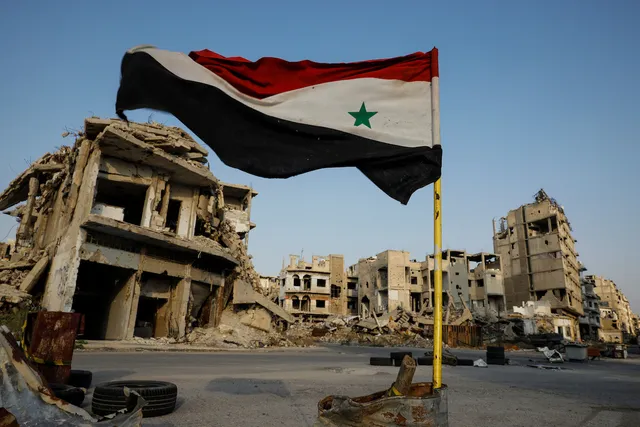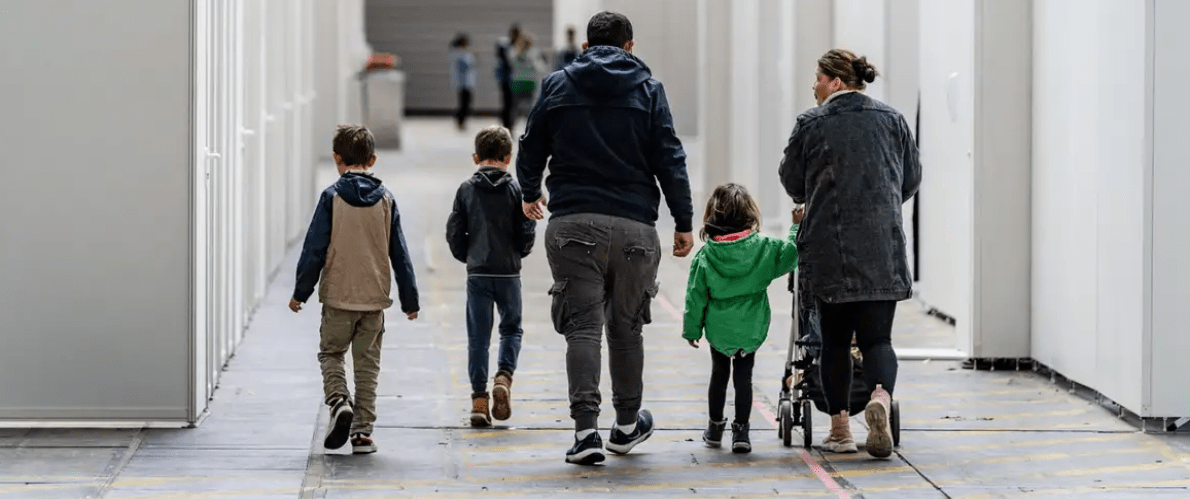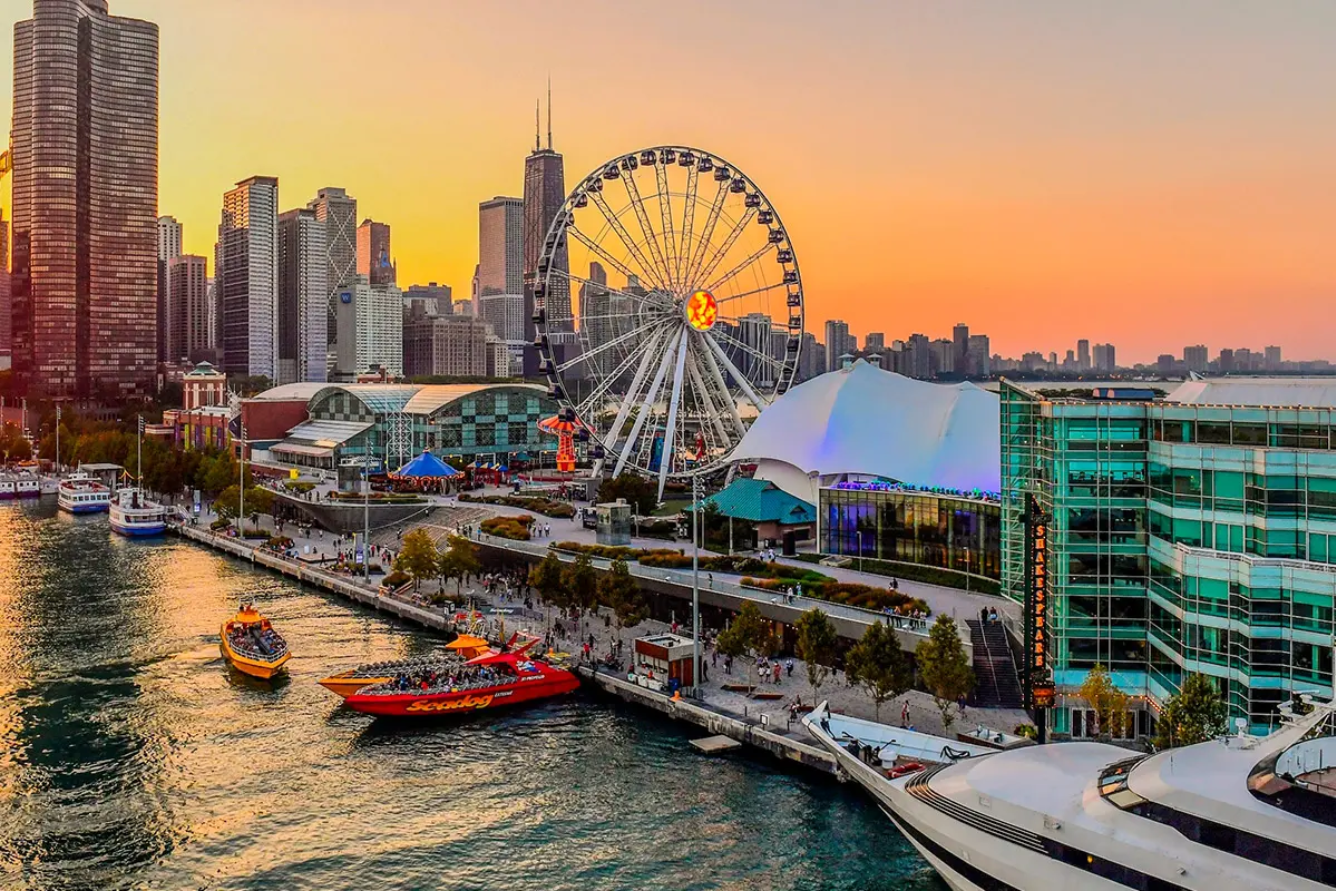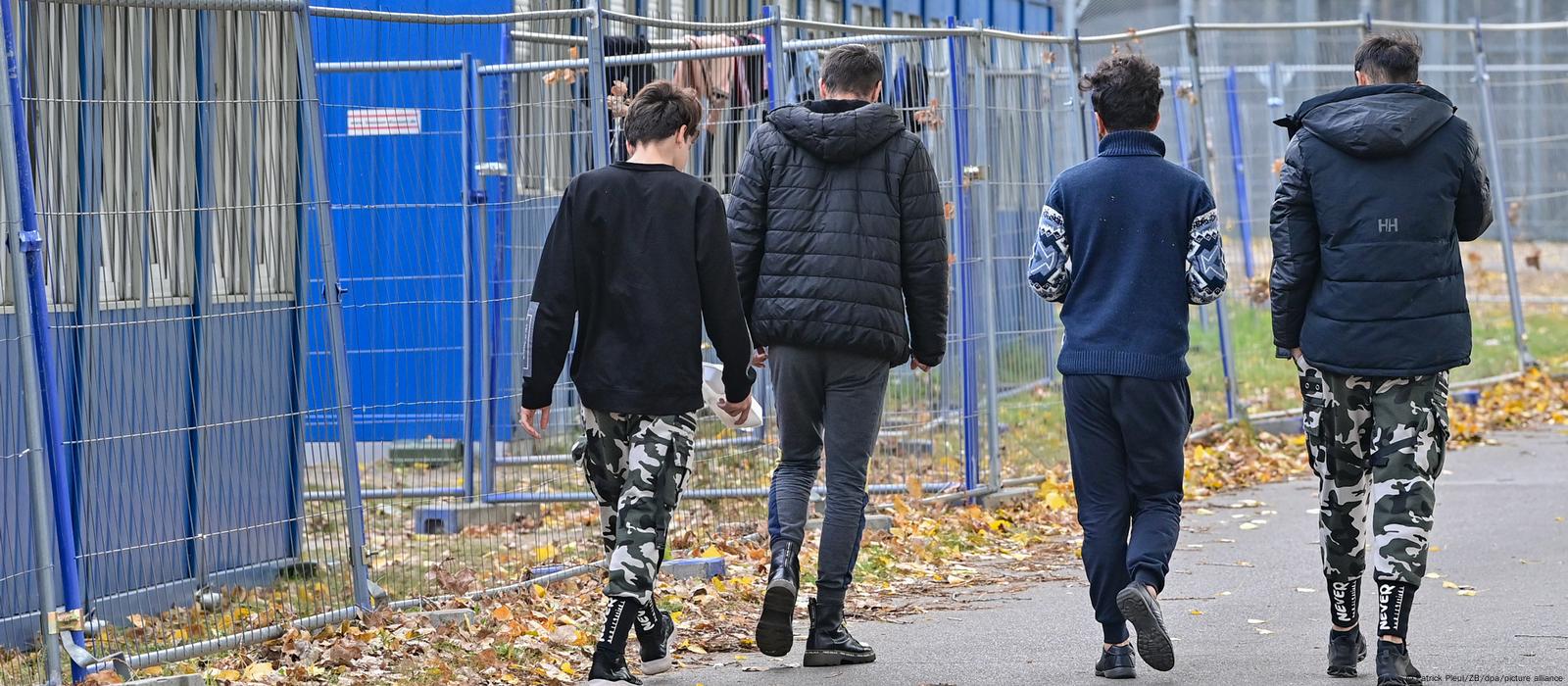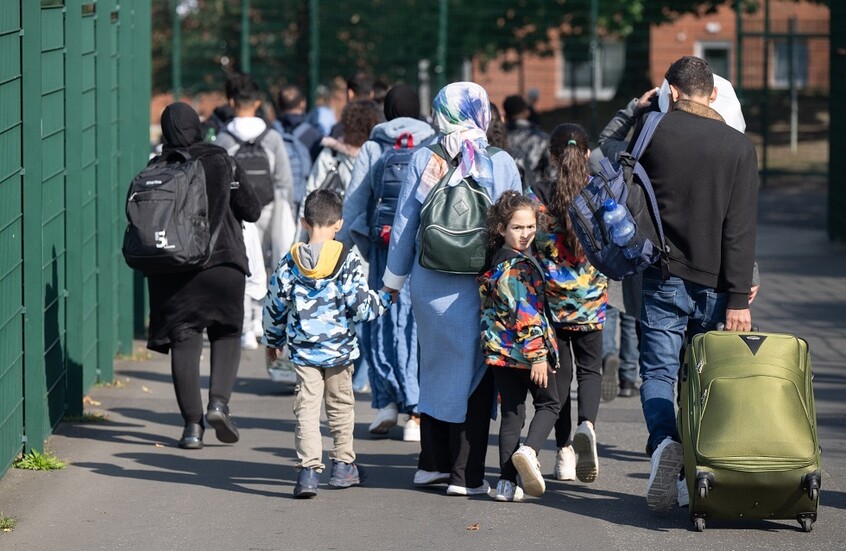
The Greek island of Cyprus has renewed its demands to the European Union Commission to consider Syria a safe zone, in light of the continued influx of refugees into its territory, while the United Nations and human rights bodies insist that the conditions in Syria do not allow enabling or facilitating the return of refugees.
Cyprus’s Interior Minister Constantinos Ioannou said on Tuesday, January 9, that Nicosia wants Brussels to reconsider the situation in Syria to designate the country or parts of it as a safe zone, allowing thousands of refugees to be returned to their homeland, according to the “Syria TV” website.
Ioannou expressed concern about the unprecedented refugee flows from Syria. Given its proximity to Syria, the island is exposed to “disproportionately large numbers of illegal migrants coming from the region, which puts pressure on our reception system,” were the words of Cyprus’s Interior Minister.
Cyprus’s Minister reiterated the government’s proposal to the European Union Commissioner Ylva Johansson to designate Syria, or certain areas of that country, as safe zones – allowing Syrian citizens to return there.
The European Union Commissioner for Home Affairs, Ylva Johansson, was on an official visit to the island, where she met with the Deputy Minister of Social Welfare, the Minister of the Interior and the Minister of Foreign Affairs.
When Johansson was asked to comment on Syria during a media Q&A session, she said that adjusting Syria’s status for immigration purposes “is not an easy matter, which is why we discussed it and will continue to discuss it.”
She added that the only way to manage refugee flows was to do so “in an organized manner and jointly.”
The minister noted that Cyprus, as an island and a non-Schengen area member state, faces the largest migration problem among EU member states – 5.5 percent of the population, four times higher than the EU average, are new asylum seekers or holders of international protection.
Cyprus has adopted a four-pillar policy, consisting of reducing the number of arrivals, modernizing infrastructure, speeding up application processes, and increasing returnees. The government doubled the number of case examiners and encouraged a voluntary return program with financial incentives.
In 2023, the total number of refugee arrivals and applications decreased by 50 percent compared to 2022, while the number of refugees arriving from African countries, across the Green Line, decreased by 60 percent.
“The fact that during 2023 we achieved a return and arrival rate of 116 percent is remarkable, especially taking into account the situation in the rest of Europe,” the Minister said.
Cyprus’s demands come despite the warning of the United Nations High Commissioner for Human Rights, Volker Türk, of the deteriorating security situation in Syria due to the fighting in the northeast of the country, while the United Nations High Commissioner for Refugees confirmed that the conditions in Syria prevent it from enabling or facilitating the return of refugees.
Moreover, Human Rights Watch documented that the Syrian security services committed arbitrary detention, kidnapping, torture, and killing of refugees who returned to Syria between 2017 and 2021.
HRW continued, this pattern of violations and persecution has not stopped. In July, Human Rights Watch found that returnees had been tortured while in Syrian military intelligence custody and had been conscripted to serve in the Syrian military reserve forces.
The Cypriot authorities had called on the European Union last September to classify some areas in Syria, such as Damascus and Tartous, as safe areas to return Syrian refugees to, coinciding with the International Refugee Forum in Geneva.

